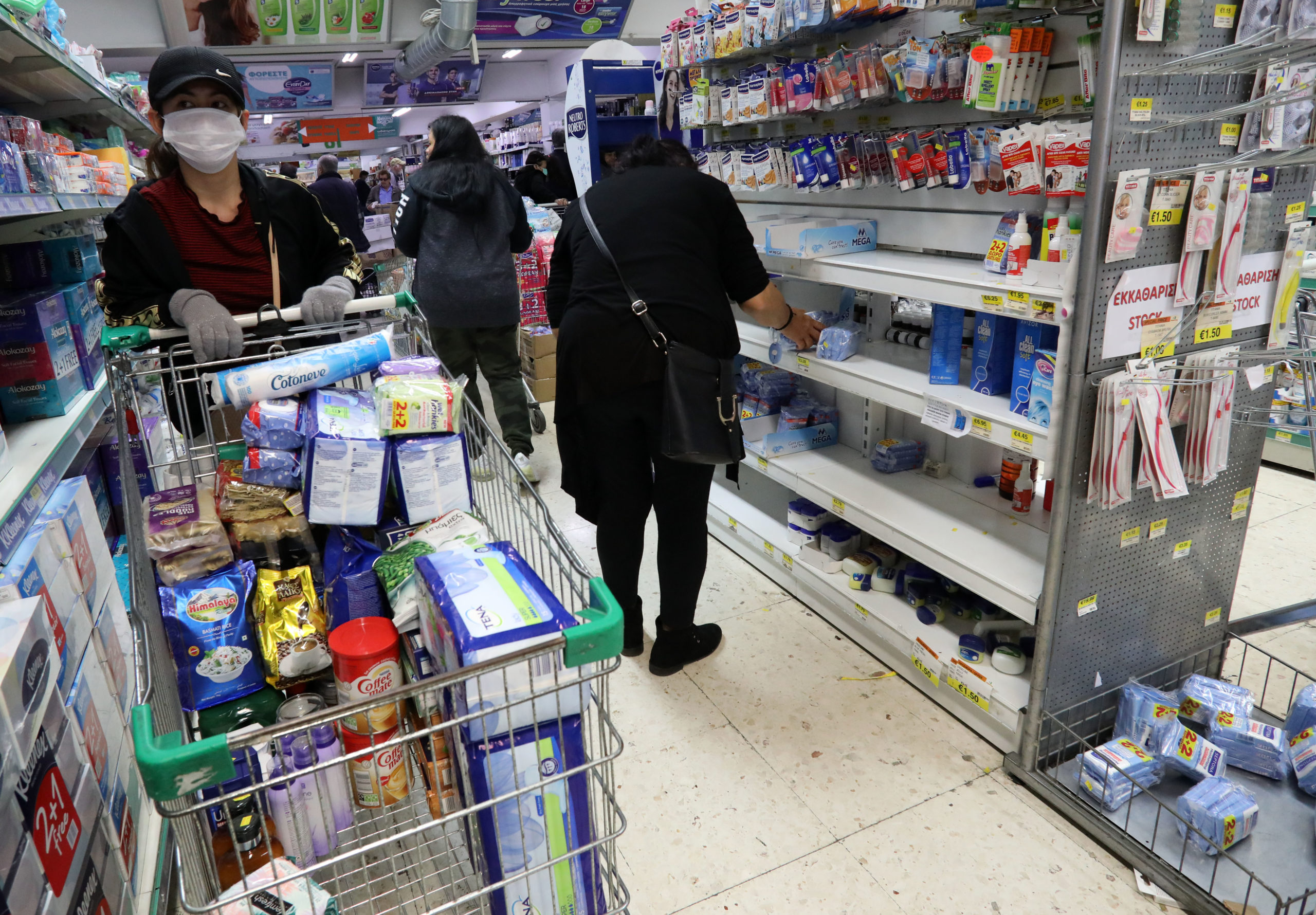Cyprus will see its economy shrink by 7% of GDP as a direct result of the COVID-19 pandemic and the lockdown imposed to contain it, said the Finance Ministry on Thursday.
In its latest macroeconomic scenario, the Finance Ministry said the “economic outlook for 2020 is characterised by extreme uncertainty and the end result will depend on the depth and duration of the crisis”.
The impact of the coronavirus crisis is smaller than the initially anticipated ceiling of 9.7% GDP.
In the early stages of the outbreak, Finance Minister Constantinos Petrides said that he expected the country’s GDP to shrink between 5-9.7% depending on the duration of the economic shutdown.
The Finance Ministry’s latest scenario said: “The health crisis is expected to affect the entire spectrum of the economy, including essential sectors, leading to significant impacts on both demand and production (supply chain disruption).
As the same crisis severely affects Europe and the rest of the world, exports will be negatively affected, especially in the tourism sector”.
Despite measures taken by the government to support the economy and minimise job losses, it is considered “impossible” that the labour market will not be affected.
The basic scenario presupposes a reduction in employment in the second quarter of 2020, due to the fact that during the lockdown, most companies had temporarily suspended their activities.
As businesses are gradually reopening, combined with the gradual lifting of restrictive measures on free movement, employment will start to recover, but will only reach its 2019 levels in 2022.
Inflation in 2020 is expected to be around -0.3%, mainly due to the decrease in international oil prices along with expectations for further reduction during the year, almost -40% in 2020 compared to 2019.
Unemployment is expected to rise to 9% compared to 2019’s 7.1%.
Cyprus’ economy will see signs of a revival in 2021 when it starts recording positive growth.
Recovery in 2021 is expected to be partial with the economy experiencing a full recovery in 2022.
Domestic consumption and fixed capital investment are expected to increase significantly, compared to the very low levels of 2020, recovering close to the levels of 2019.
Exports, on the other hand, are not expected to recover as strongly in 2021 due to the fact that the tourism sector will be slower to recover.
According to the basic macroeconomic scenario, in 2021 the GDP growth rate is projected to be around 6%.
In the context of economic growth, the inflation rate for 2021 is projected at around 1%.
The unemployment rate is expected to fall to around 7.5% in 2021, close to pre-crisis levels, with employment making a full recovery in 2022.










